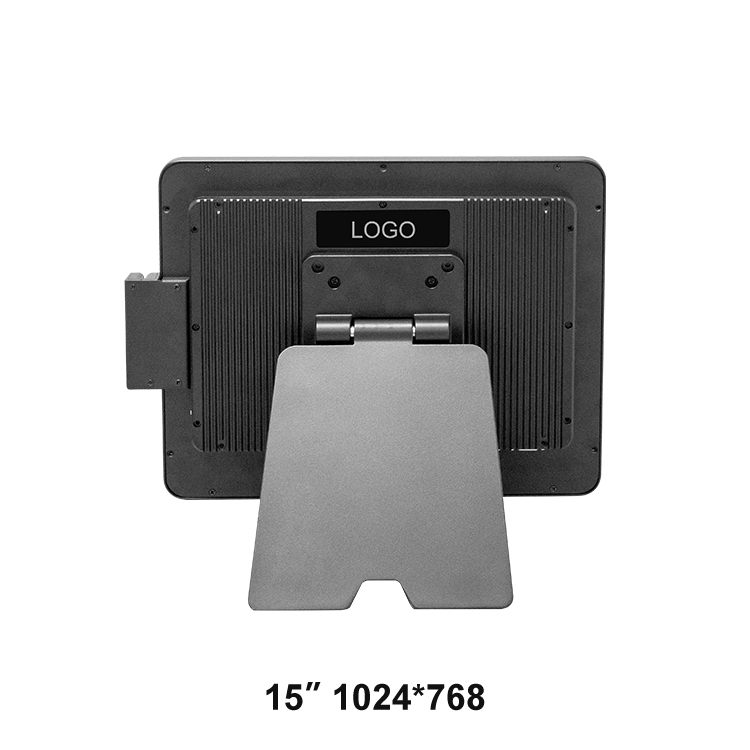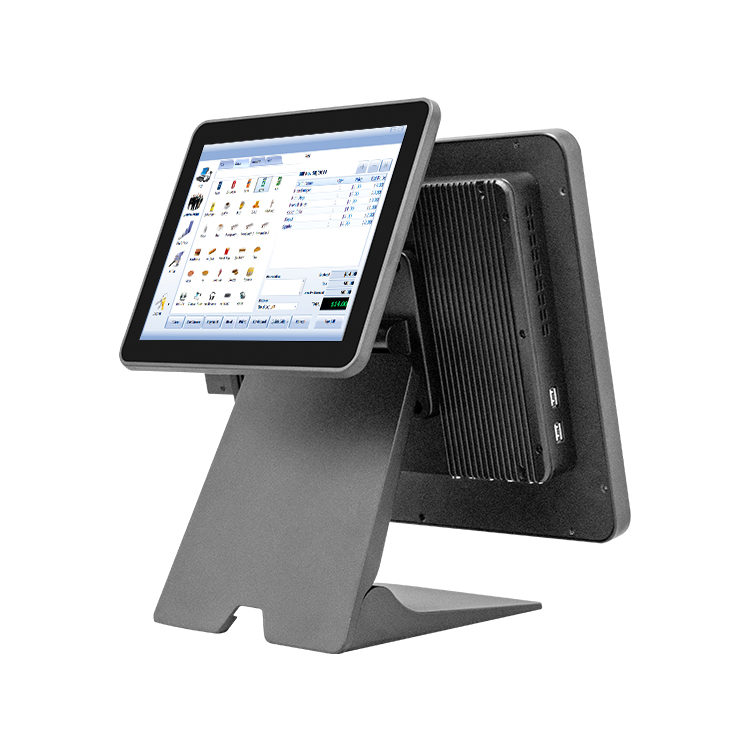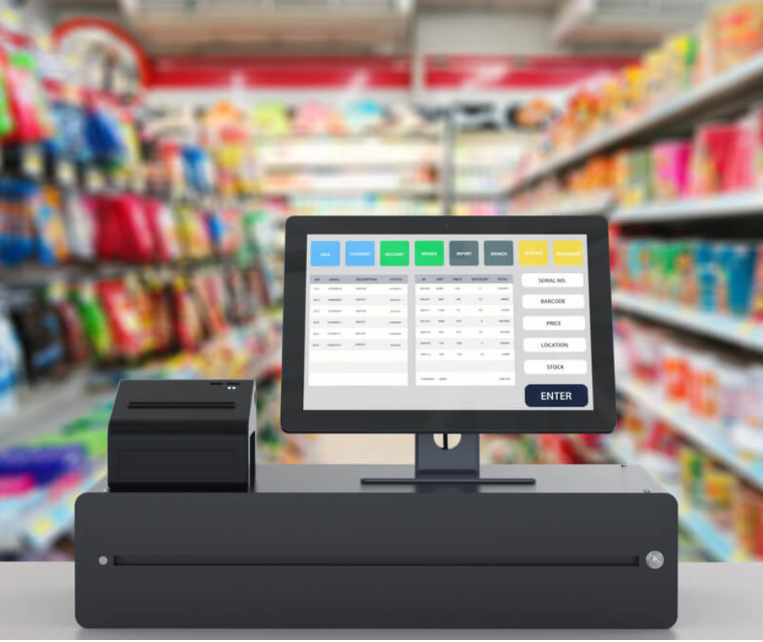Modern retail businesses require efficient and effective point-of-sale (POS) systems to streamline their operations. An ideal POS system should offer a comprehensive set of features that enable retailers to manage inventory, process transactions, track sales, and provide a seamless customer experience. In this article, we will explore the key features that make an all-in-one POS system the perfect choice for retail businesses.

1. Inventory Management Capabilities
A robust inventory management feature is crucial for retail businesses as it enables accurate tracking of stock levels and ensures that popular items are always available. An all-in-one POS system should provide real-time inventory updates, automated reordering, and the ability to generate detailed reports on stock movement. By having a clear view of inventory levels, retailers can avoid stockouts, minimize overstocking, and optimize their purchasing decisions.
2. Integrated Payment Processing
An all-in-one POS machine should have integrated payment processing capabilities, eliminating the need for separate payment terminals. By accepting various payment methods such as credit cards, mobile payments, and gift cards, retailers can provide a convenient and versatile checkout experience for their customers. Integrated payment processing also simplifies reconciliations and reduces the risk of human error.
3. Analytics and Reporting
A comprehensive reporting and analytics feature helps retail businesses gain insights into their sales performance, customer behavior, and overall business trends. An all-in-one POS machine should offer customizable reports, sales forecasting, and real-time analytics, empowering retailers to make data-driven decisions. With these capabilities, retailers can identify top-selling products, optimize pricing strategies, and improve overall business profitability.

4. Customer Management Tools
Effective customer management is essential for retail businesses to build customer loyalty and drive repeat sales. An all-in-one POS system should have a built-in customer relationship management (CRM) feature that enables retailers to collect and analyze customer data, track purchase history, and manage loyalty programs. Additionally, customer management tools should facilitate personalized marketing campaigns and enable targeted communication with customers, enhancing the overall shopping experience.
5. Integration with E-commerce Platforms
In today's digital age, having an online presence is crucial for retail businesses. An all-in-one POS system should seamlessly integrate with popular e-commerce platforms, allowing retailers to synchronize inventory, process online orders, and manage both online and offline sales channels from a single system. Integration with e-commerce platforms enables retailers to offer a unified shopping experience across multiple channels, resulting in increased sales and improved customer satisfaction.
6. Scalability and Customization Options
As businesses grow, their requirements change. An all in one pos system should be scalable to accommodate the expanding needs of retail businesses. It should support multiple locations, product catalogs, and employee access levels. Furthermore, customization options should be available to tailor the system to specific business processes and requirements. Scalability and customization ensure that the POS system can adapt to the evolving needs of the business and support its long-term success.
In conclusion, an all-in-one POS system with comprehensive inventory management, integrated payment processing, analytics and reporting, customer management tools, e-commerce integration, and scalability/customization options is ideal for retail businesses. These features empower retailers to efficiently manage their operations, enhance customer experiences, make data-driven decisions, and adapt to the evolving dynamics of the retail industry. By investing in such a system, retail businesses can gain a competitive edge and achieve sustained growth in today's competitive marketplace.



